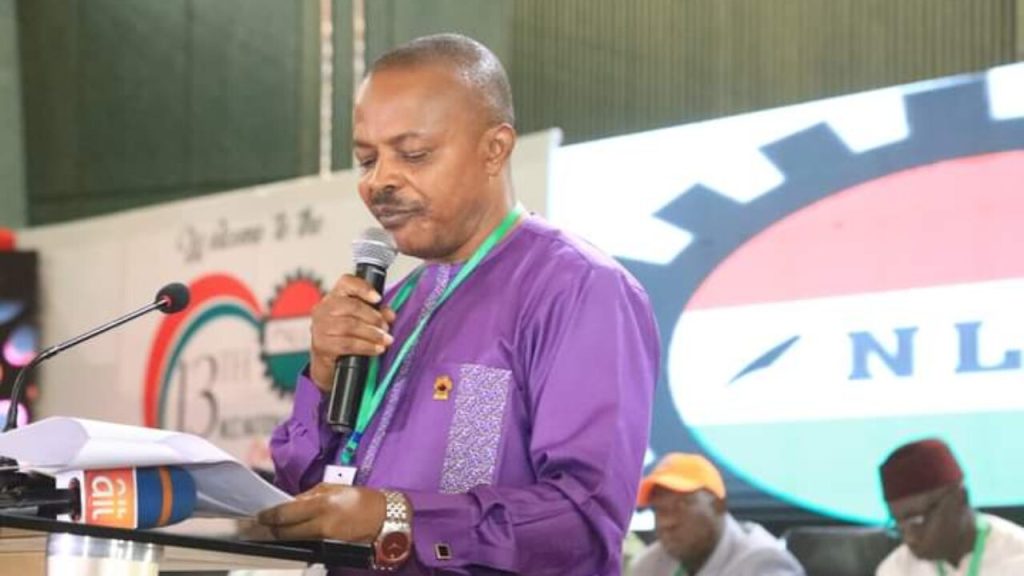Nigeria’s leading labor organization has sharply criticized a new government policy that critics argue could criminalize strikes and stifle workers’ rights. The Nigeria Labour Congress (NLC), representing millions of workers, called the recently adopted National Industrial Relations Policy “reprehensible,” accusing the Federal Government of targeting organized labor’s ability to protest unfair workplace conditions.
The policy, approved during a July 31, 2025, Federal Executive Council (FEC) meeting, aims to minimize frequent industrial actions, according to an official statement. However, NLC President Joe Ajaero condemned the move, stating that the government’s focus on curbing strikes—rather than addressing broader workplace grievances—reveals a disconnect from the needs of ordinary citizens. “Out of hundreds of issues covered in the policy, the government chose to prioritize suppressing strikes,” Ajaero said in a Saturday statement from Abuja. “This exposes a troubling mindset among leaders elected to protect workers’ interests.”
The dispute centers on clauses within the policy that labor leaders claim undermine constitutional protections for industrial actions. Ajaero highlighted that similar attempts to criminalize strikes during earlier drafts of the policy were rejected by unions, employers, and the Federal Ministry of Labour. These groups argued that such measures conflict with Nigeria’s 1999 Constitution and the Trade Unions Act, which legally safeguard workers’ rights to withdraw labor under specific conditions.
“The right to strike is not negotiable—it is fundamental and inalienable,” Ajaero asserted, describing the policy’s latest iteration as subordinate to existing laws. He emphasized that the NLC and broader labor movement would continue resisting the framework, which they view as an erosion of decades-old protections.
The policy’s timing raises questions about its potential impact on Nigeria’s labor landscape. The country, a signatory to international labor conventions, has seen frequent clashes between unions and authorities over wages, benefits, and working conditions. Amid rising inflation and economic challenges, strikes have become a critical tool for workers to demand accountability.
Ajaero reassured Nigerian workers that labor leaders remain committed to defending their rights, citing constitutional guarantees and global labor standards. Critics warn, however, that conflating strikes with illegality could exacerbate tensions, particularly if workers perceive the policy as part of a broader crackdown on dissent.
The government has yet to respond publicly to the NLC’s objections. As debates over the policy unfold, its implementation—and the labor movement’s response—could set a pivotal precedent for workers’ rights in Africa’s most populous nation.
